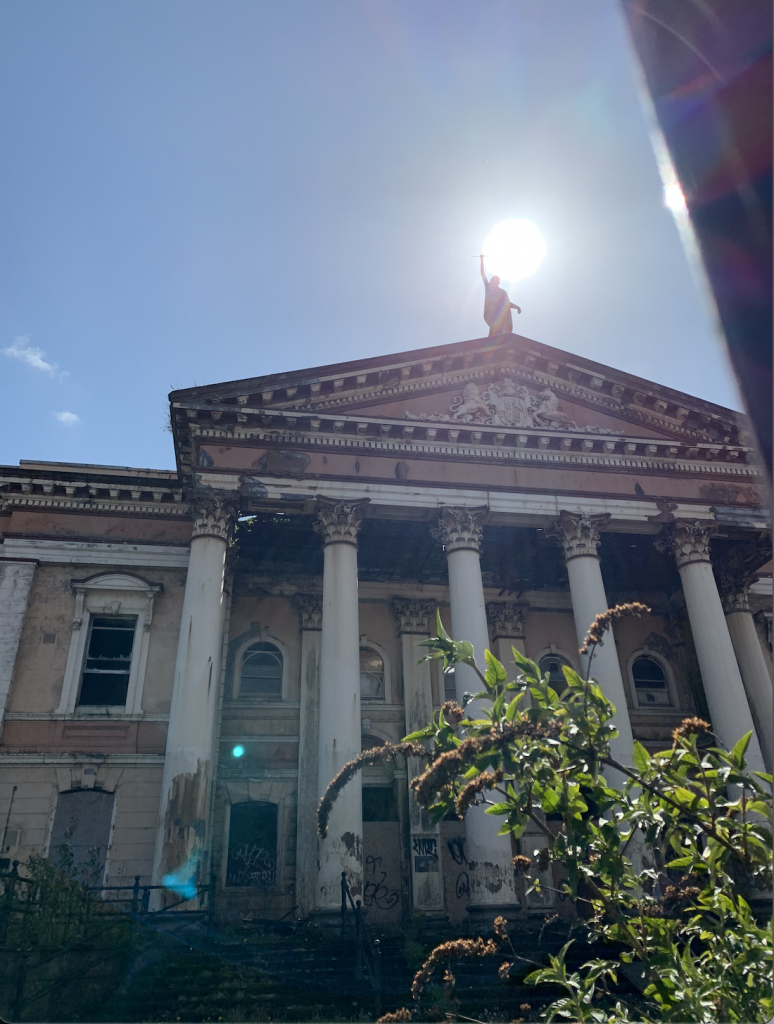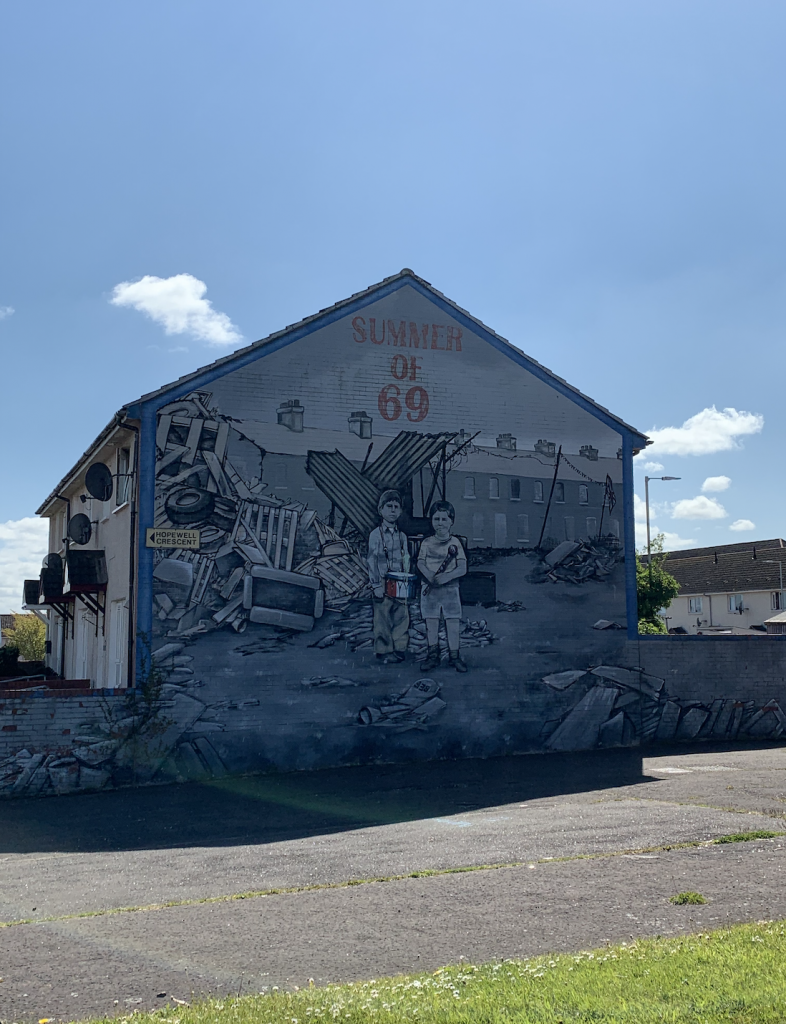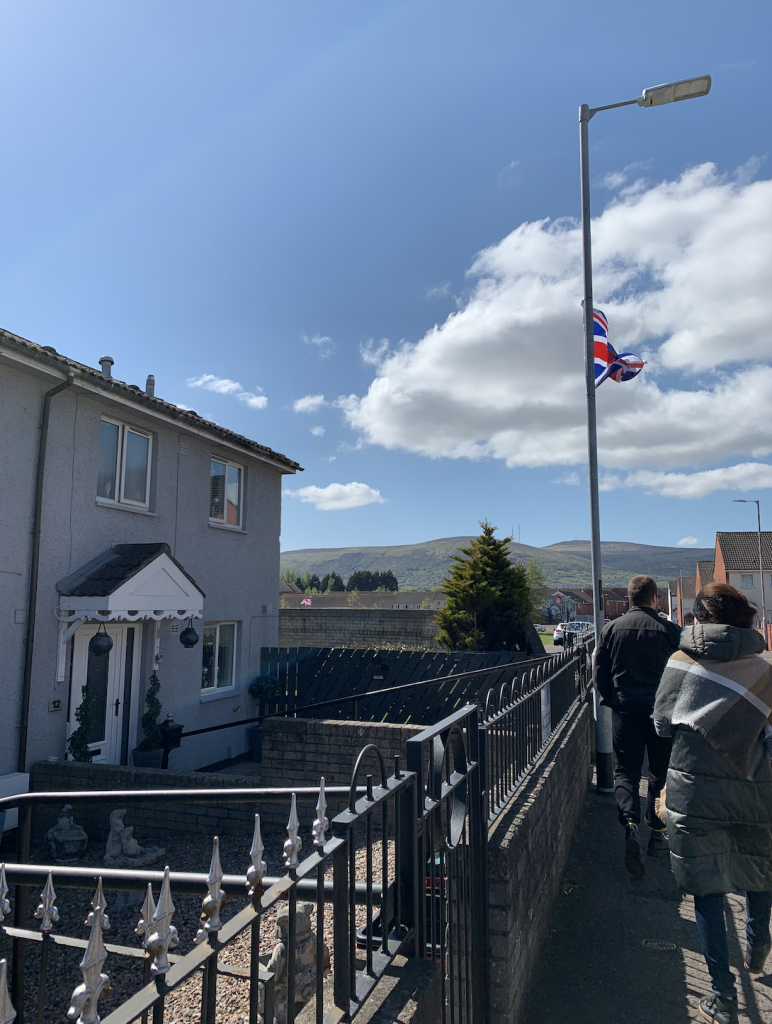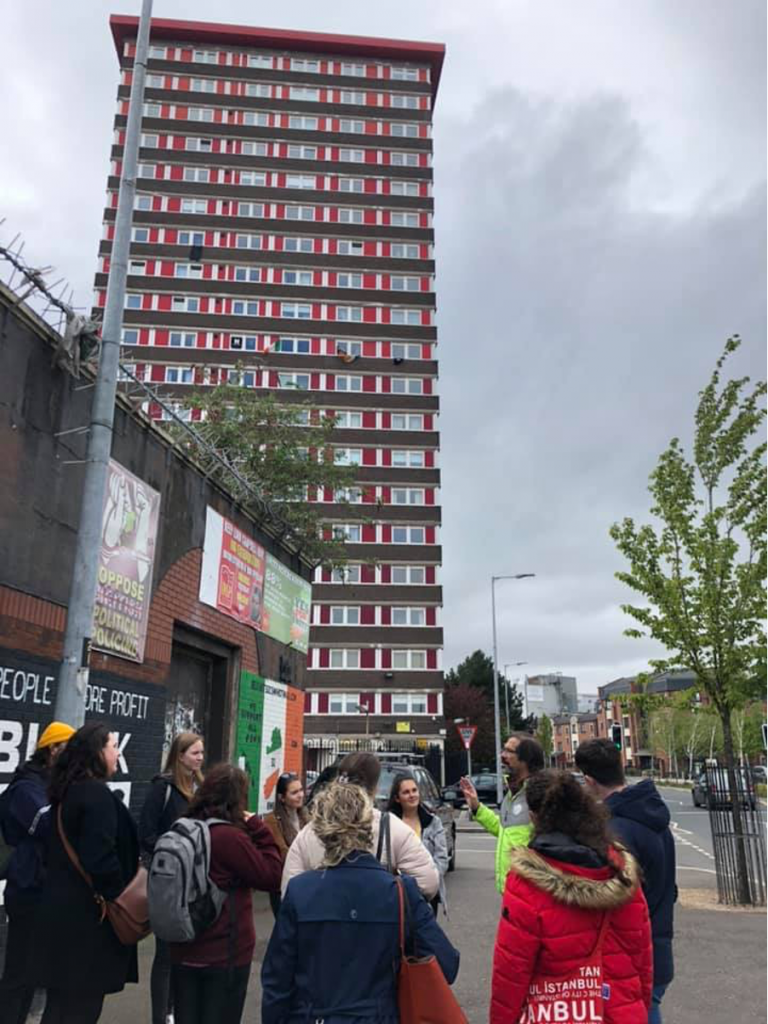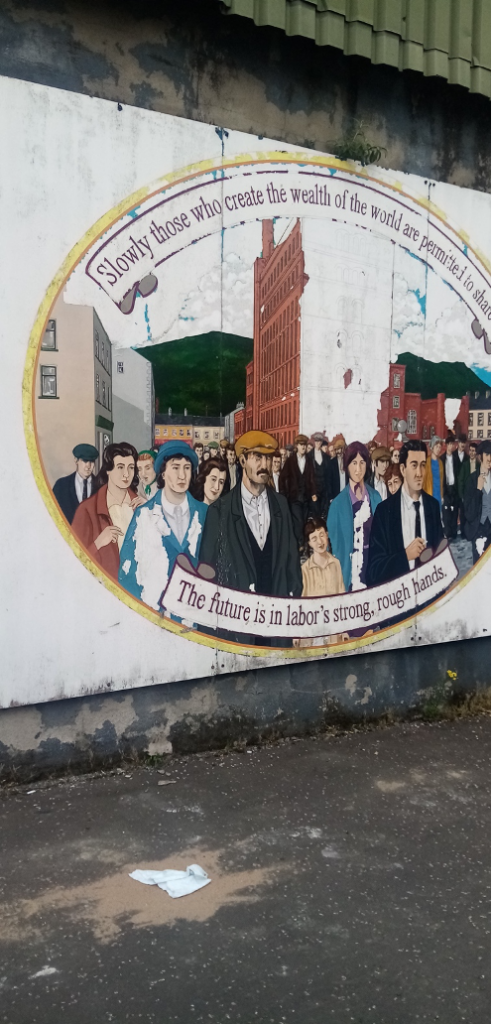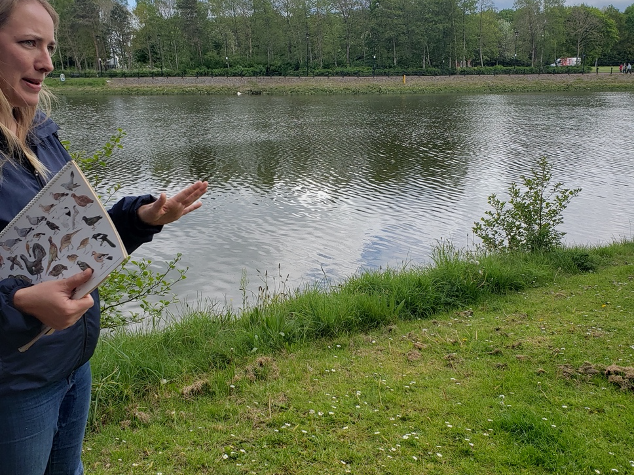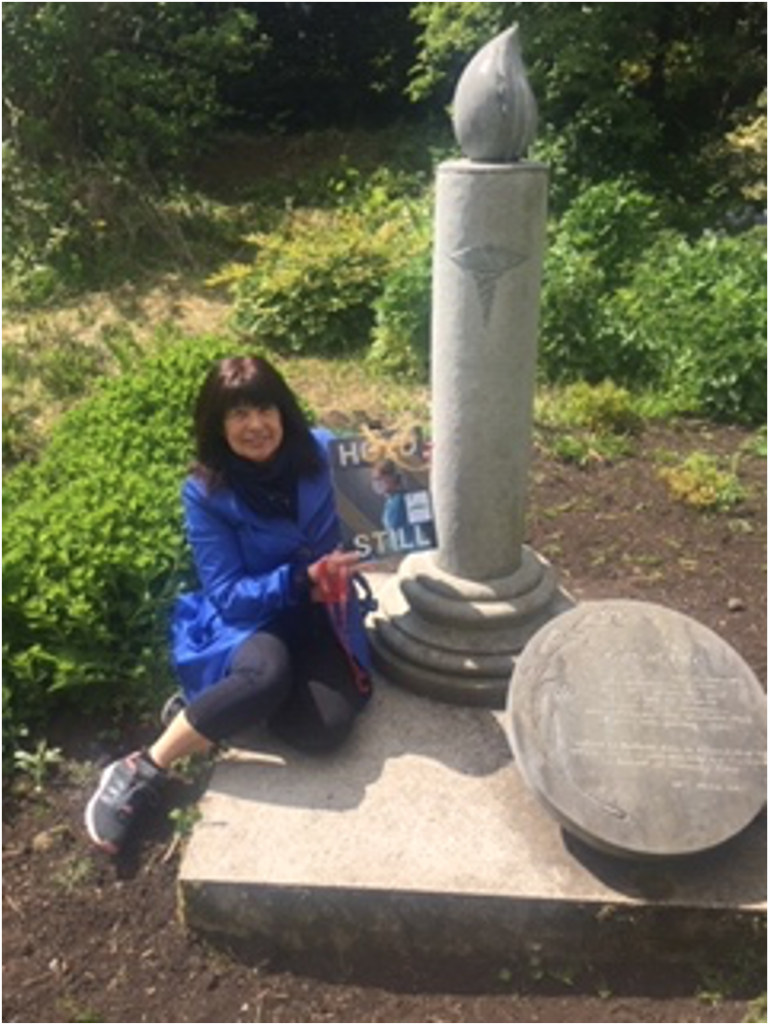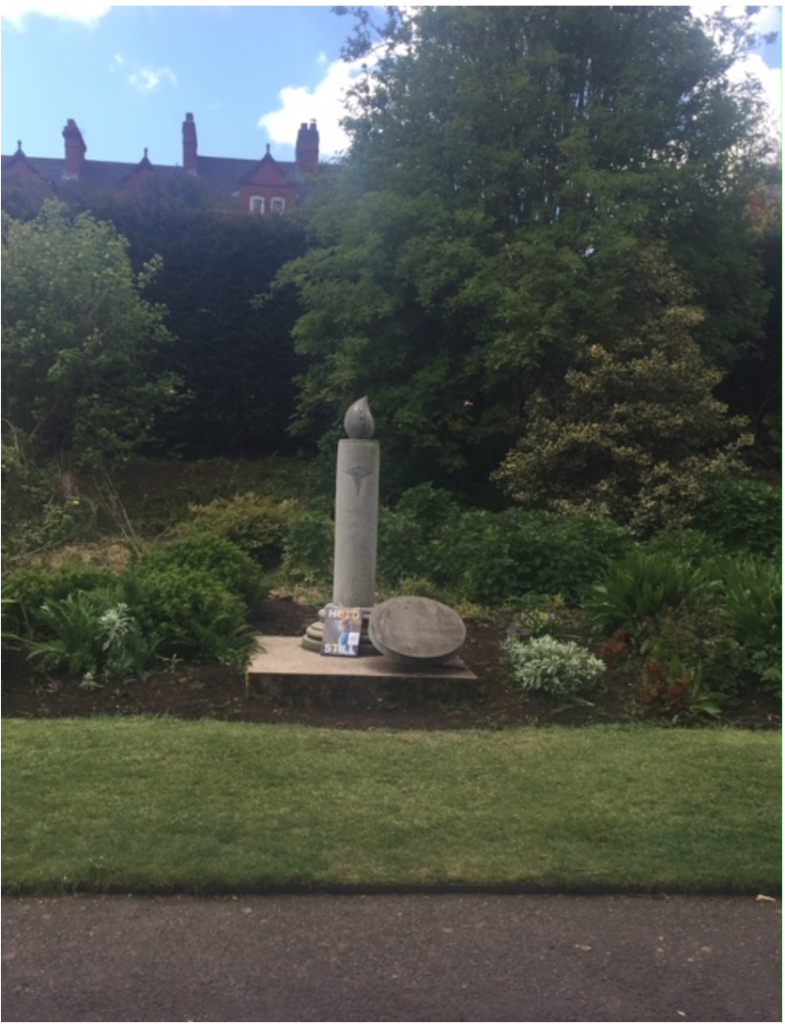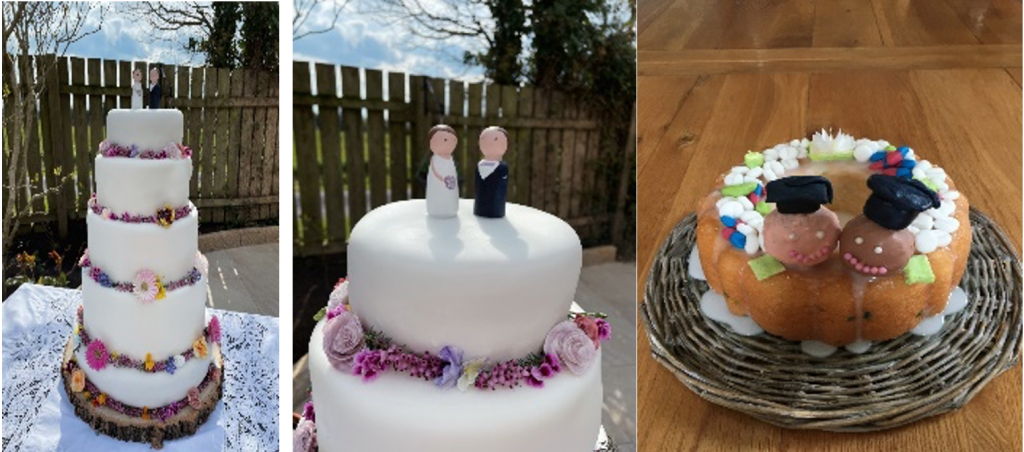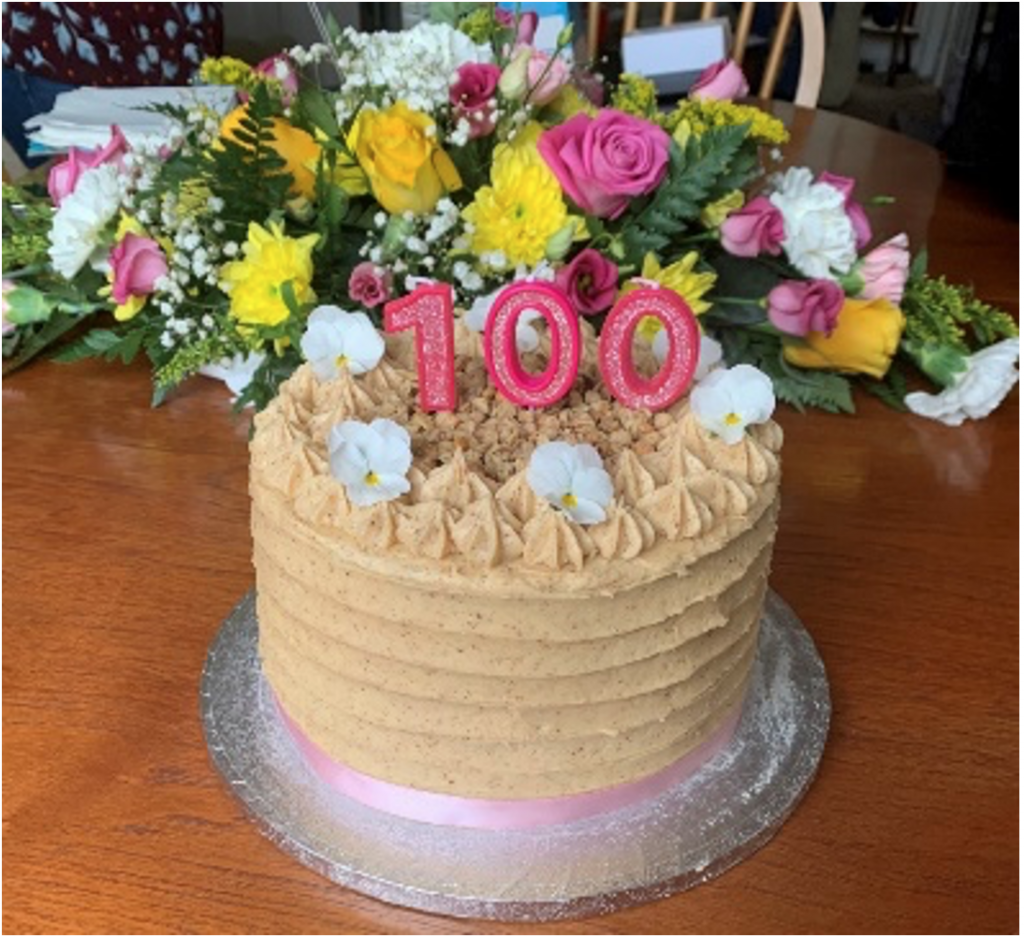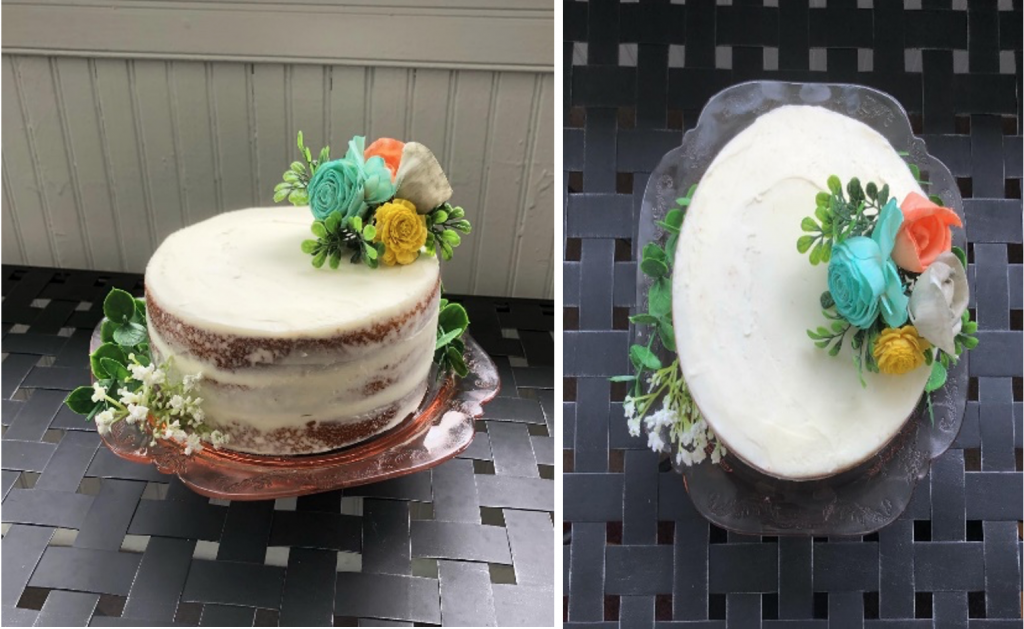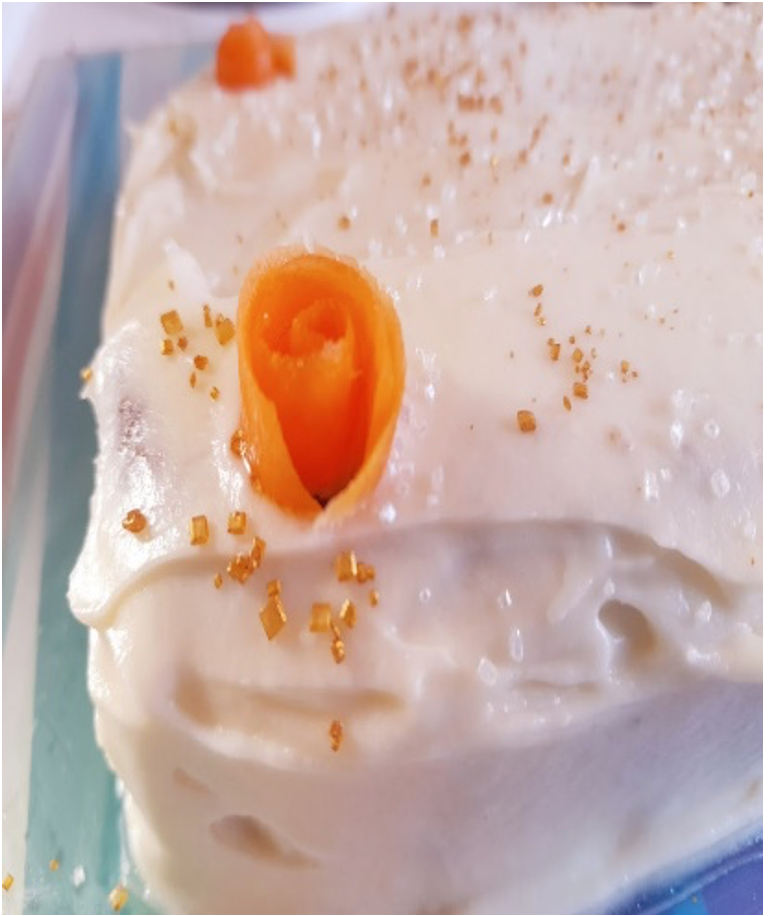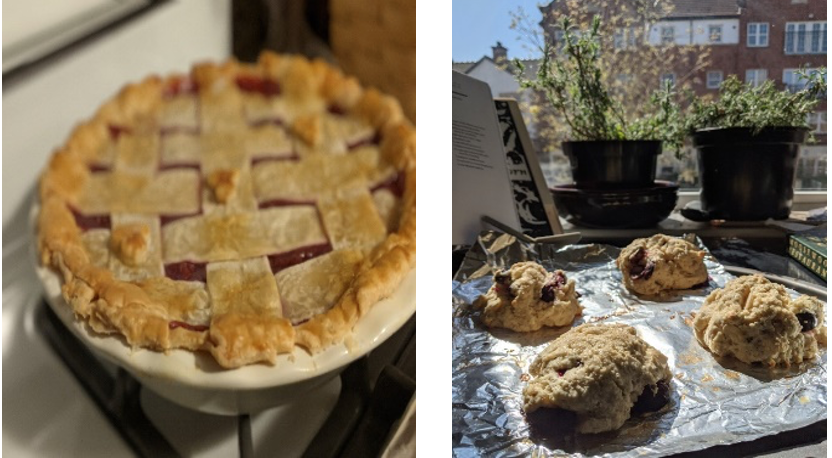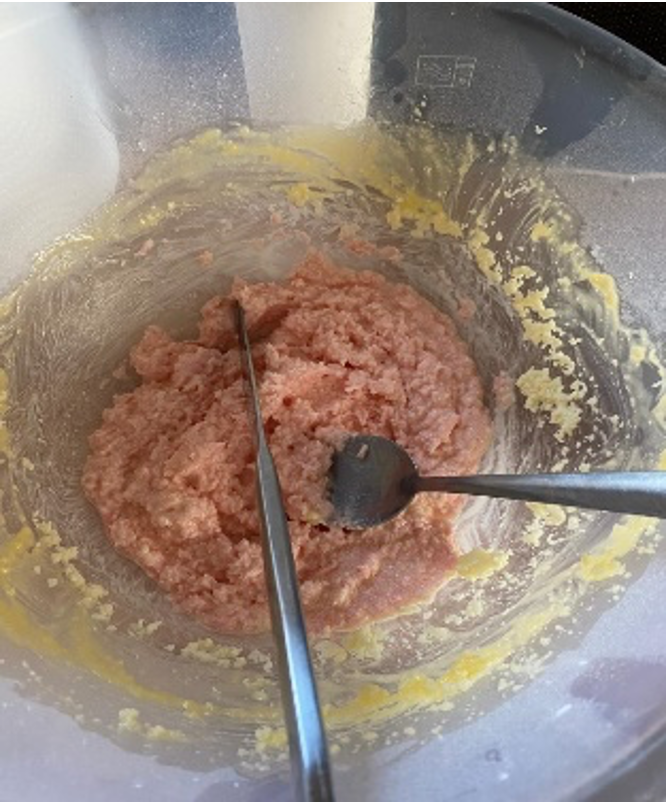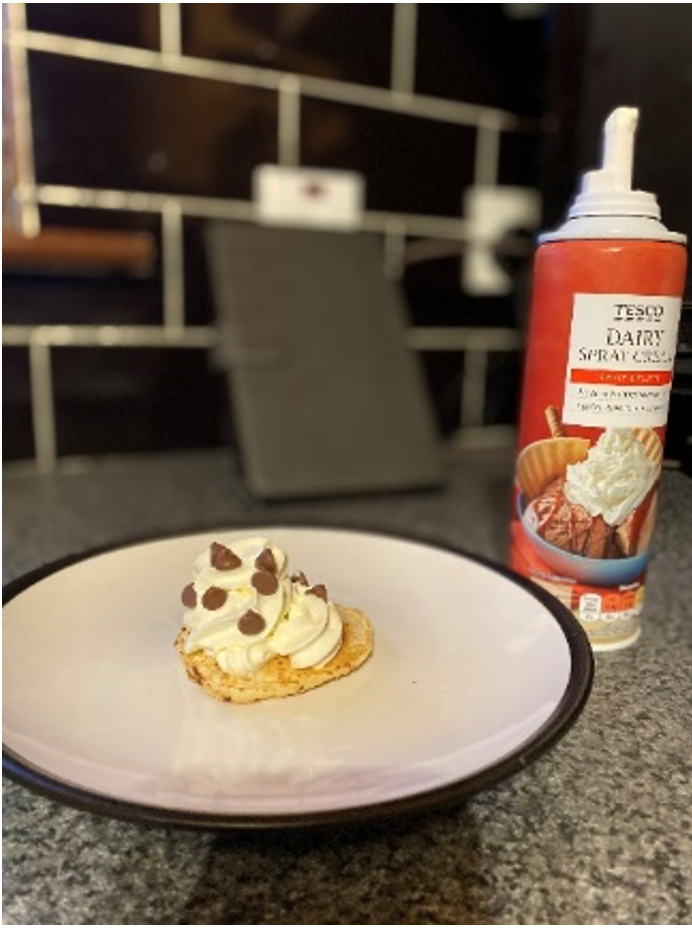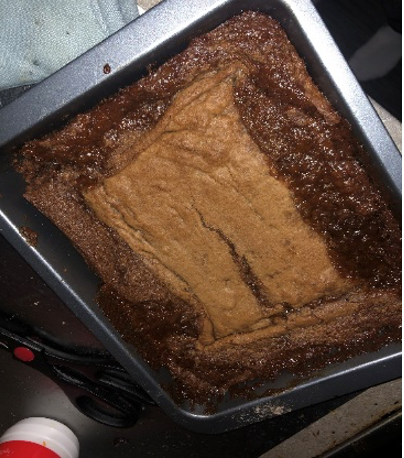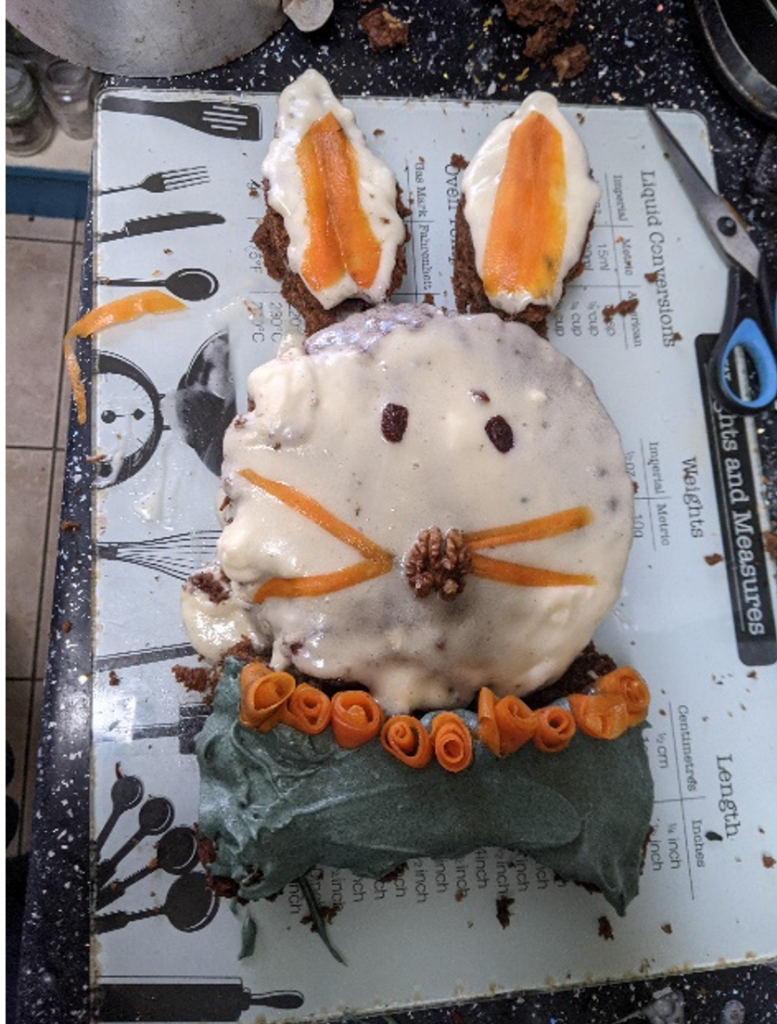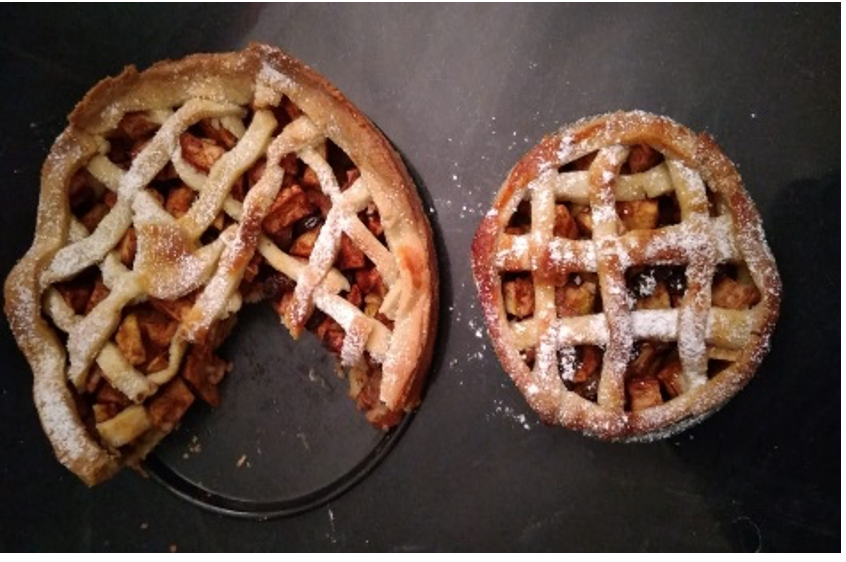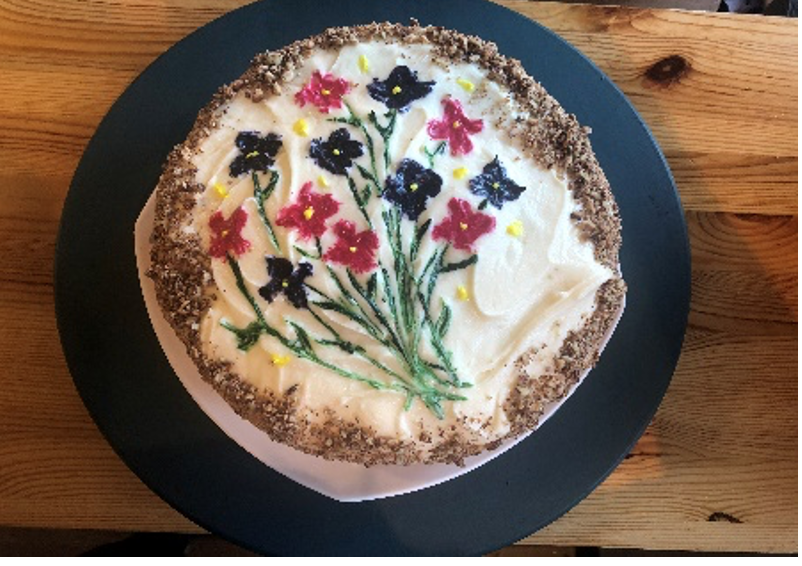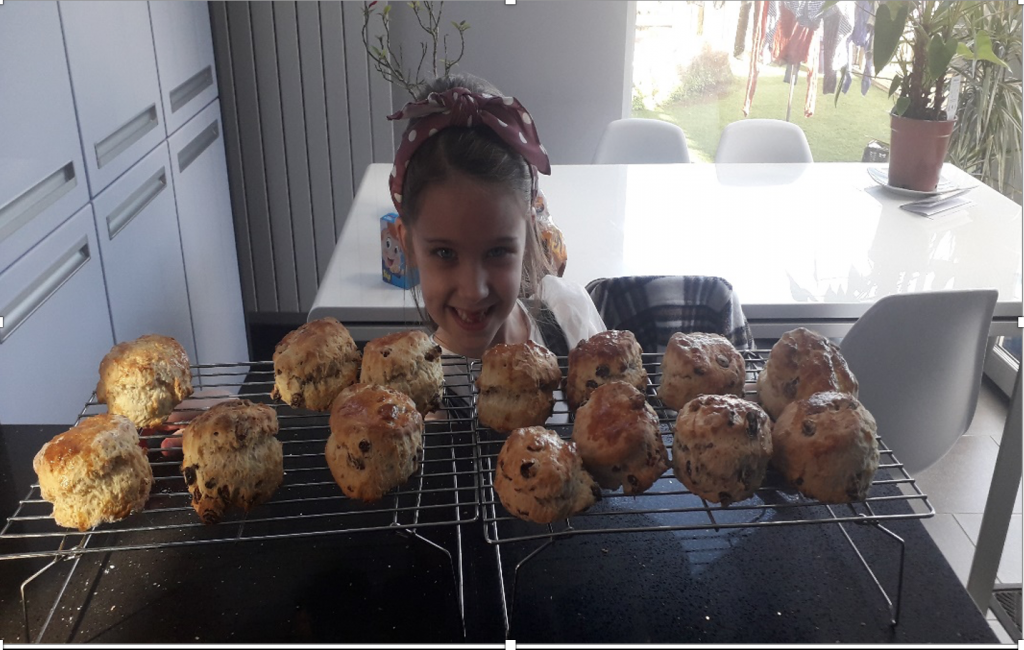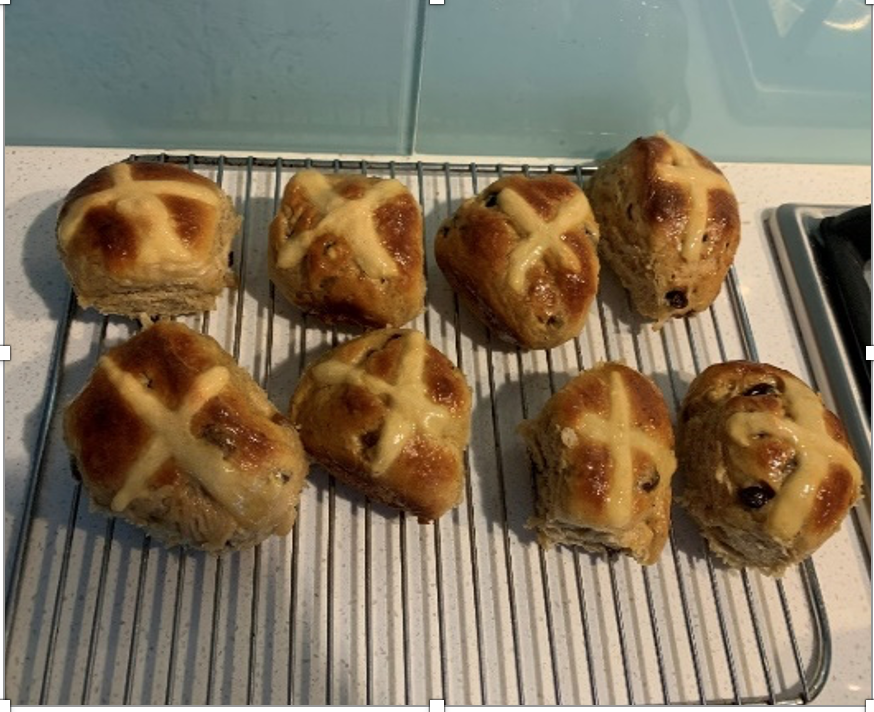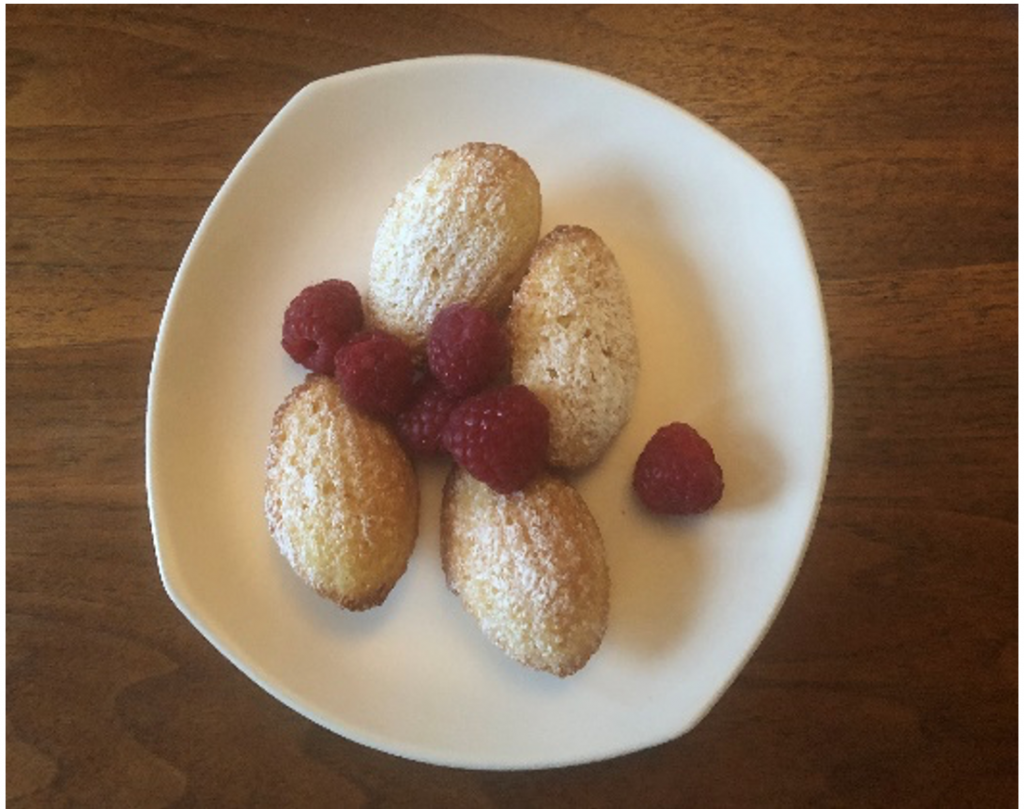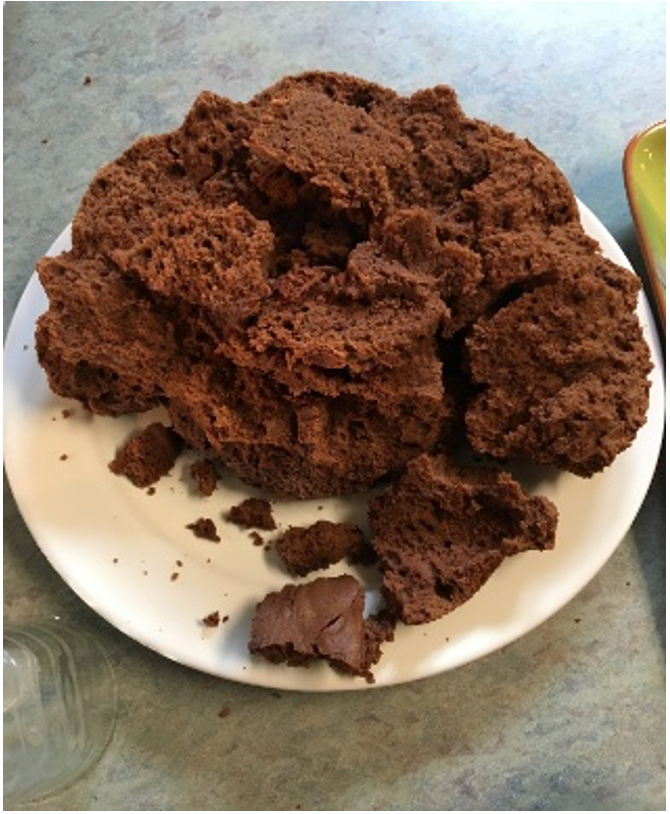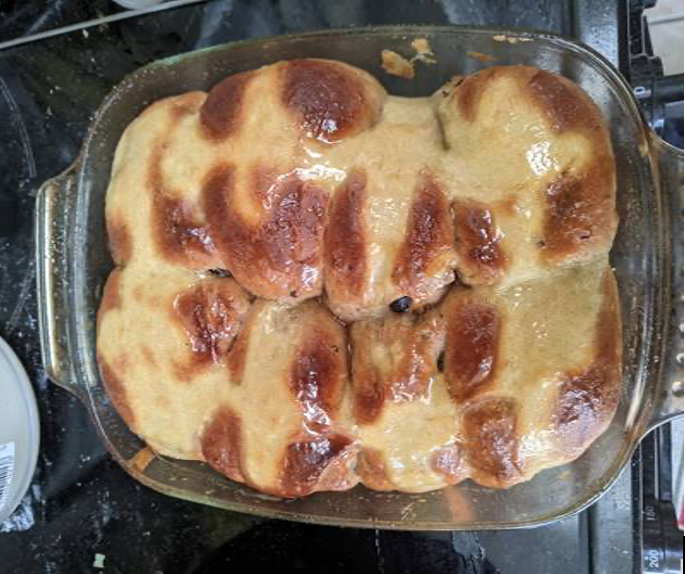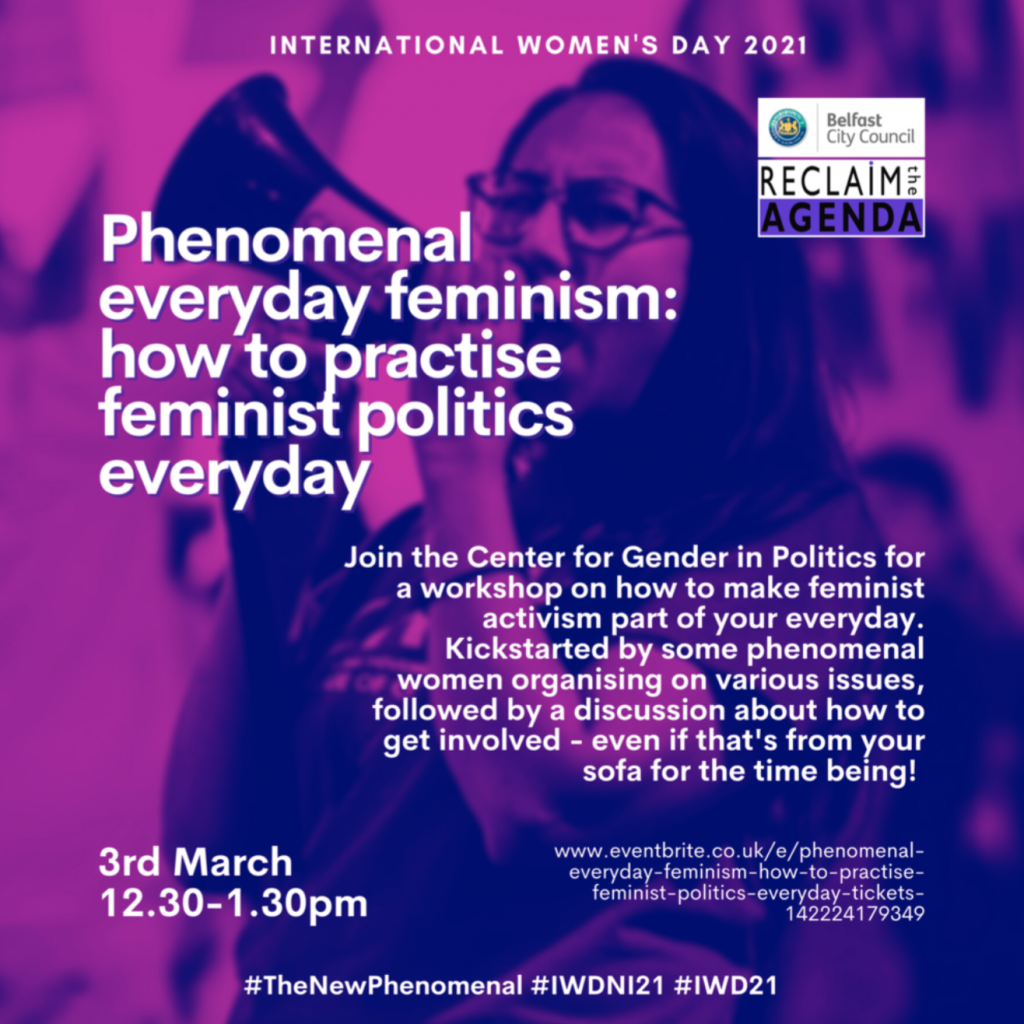YOU
You are another me and I see you well
I wince at your inaction, your inertia, your intangible legacy of non-plussed, nonchalance
Your mysteriously, vibrantly, deafeningly silent, non- participation in anarchic anti-apocalyptic, protests for life preservation
Share your secrets, share your wisdom, bestow me with your disconnection, resurrection and inane, rumblings and fumblings of non-love
I raucously rage and cognitively riot at your carelessness, your carefreeness, your blissful, wistful ignorance
You breathe, I breathe
You bleed, I bleed
You die, I die
I see YOU clearly and not at all
Business as usual or despair all around
We are each other and we are dangerously alive.
ME
I am mad, many know it, few disbelieve it and I wholeheartedly embrace it
This madness is my haven, because the sea of sentiments are swishing, swirling and unleashing a wildness that only a mother can contain
My mother – the earth
She holds me
She scolds me
She guides ME home
“Who?” she challenges “Could be sane at a time like this?”
Let the witches cackle
Let the unruly women rise like the swelling, pulsating, ravenous, furious seas
Let the emotions explode forth and allow the oppressed, battered, bruised and beaten feminine to rip through my mind, my body and my soul
We need it now more than ever- we need mad warrior women
We need maternal wrath
I am me, I am you, I am us
And this is wrong!
US
“Disturb the comfortable” the priest declared in our earth heating meeting
The goosebumps made their presence known, to show me the way
We must disrupt, disobey, alarm and disarm
We must impede, confront, alter, revolutionise and transcend
The earth is not in danger, we are
The earth will persevere, we won’t
The earth has been whispering and now she wails- like a banshee she is wailing
Eventually she will weep.
She warned us, she kept telling us, she tried to save us, but we didn’t listen
We kept raping, pillaging, murdering, hoarding and rewarding ourselves for harming our mother
There is no US when we keep doing this
Who killed us in the end?
They did

